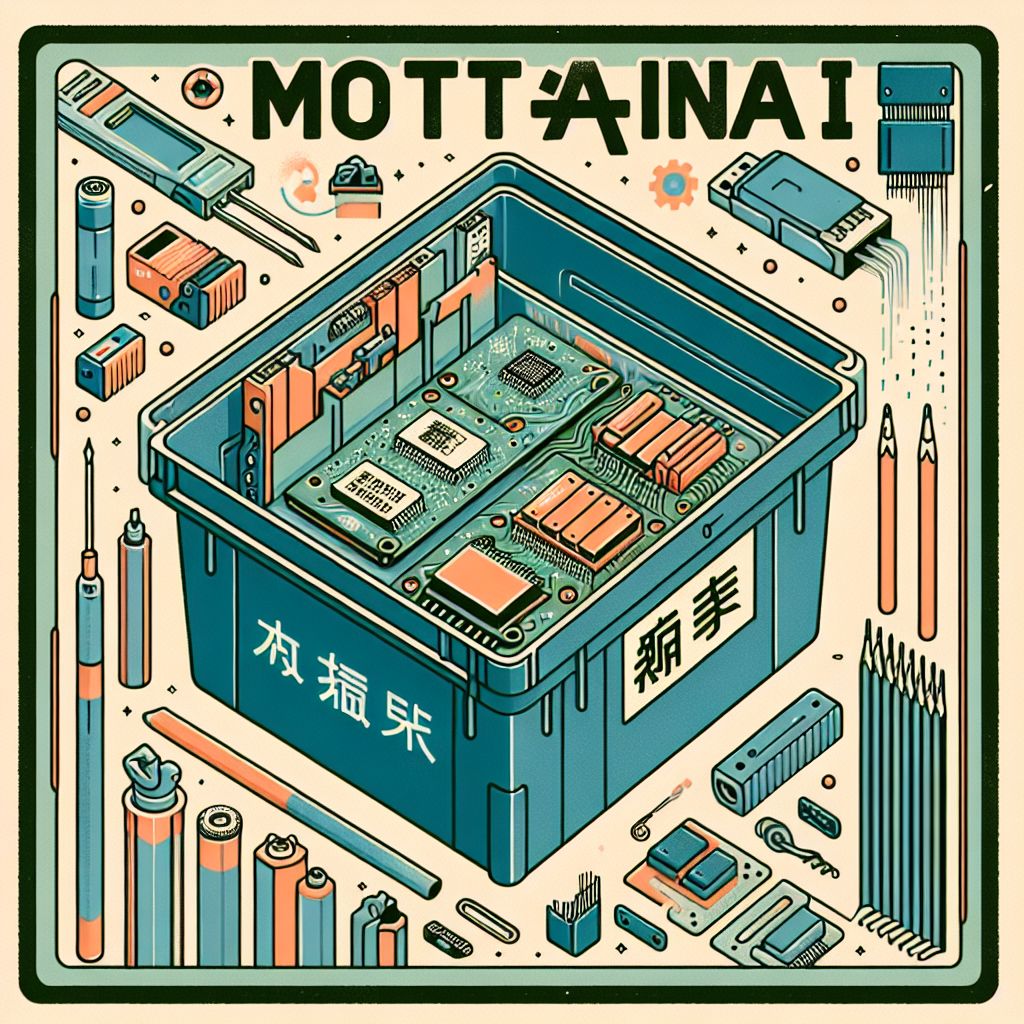What is English lacking? Many things, for sure - but it could sure benefit from it's own version of the Japanese word Mottainai which means "too much waste is not good" or "a sense of regret over waste", specifically regarding material goods.
In today's society, where consumerism often overshadows sustainability, there's much to be learned from the Japanese concept. It's a term that encapsulates the essence of wasting nothing and valuing what we have. Unlike English, which lacks a direct equivalent, 'Mottainai' serves as both a reminder and a call to action.
The Meaning of Mottainai
The term Mottainai has roots deep in Japanese culture, reflecting a historical aversion to waste and an appreciation for the intrinsic value of resources. It's a term that's difficult to translate precisely because it encompasses so much: a respect for resources, an awareness of environmental impacts, economic efficiency, and a sense of moral duty to reduce waste.
Why English Could Use a Word Like Mottainai
English speakers often have to string together entire sentences to express the sentiment carried in this single, powerful word. 'Mottainai' could teach us to pause before throwing away, to consider repurposing or repairing, and to reflect on the resources we take for granted every day.
Mottainai in Action: The Repatch Way
Repatch, a remote device repair service, embodies the Mottainai spirit by tackling the fast-paced nature of tech consumerism head-on. Instead of discarding malfunctioning devices, Repatch invites customers to consider the potential of fixing and extending the life of their electronics. This service not only offers convenience but also promotes an eco-friendly approach aligning with Mottainai principles.
The Environmental Impact
By fostering a culture that values repair over replacement, Repatch contributes to reducing electronic waste—one of the fastest-growing types of waste globally. The Mottainai philosophy encourages us to think about the environmental footprint of our gadgets and take a more sustainable path.
Lessons for the Future
Adopting a Mottainai mindset could have a profound influence on how we live and work. It can inspire innovation in resource conservation and drive us to develop systems that prioritize durability and reparability. By integrating this ethos into daily life, we create a more sustainable world for future generations.
Mottainai is more than just a word; it's a lifestyle choice that speaks of respect, mindfulness, and responsibility. It's a term that, while presently lacking in the English language, finds its quiet advocacy in the services and philosophy of companies like Repatch. Perhaps it's time to embrace Mottainai and make it an integral part of our lexicon and our lives.


